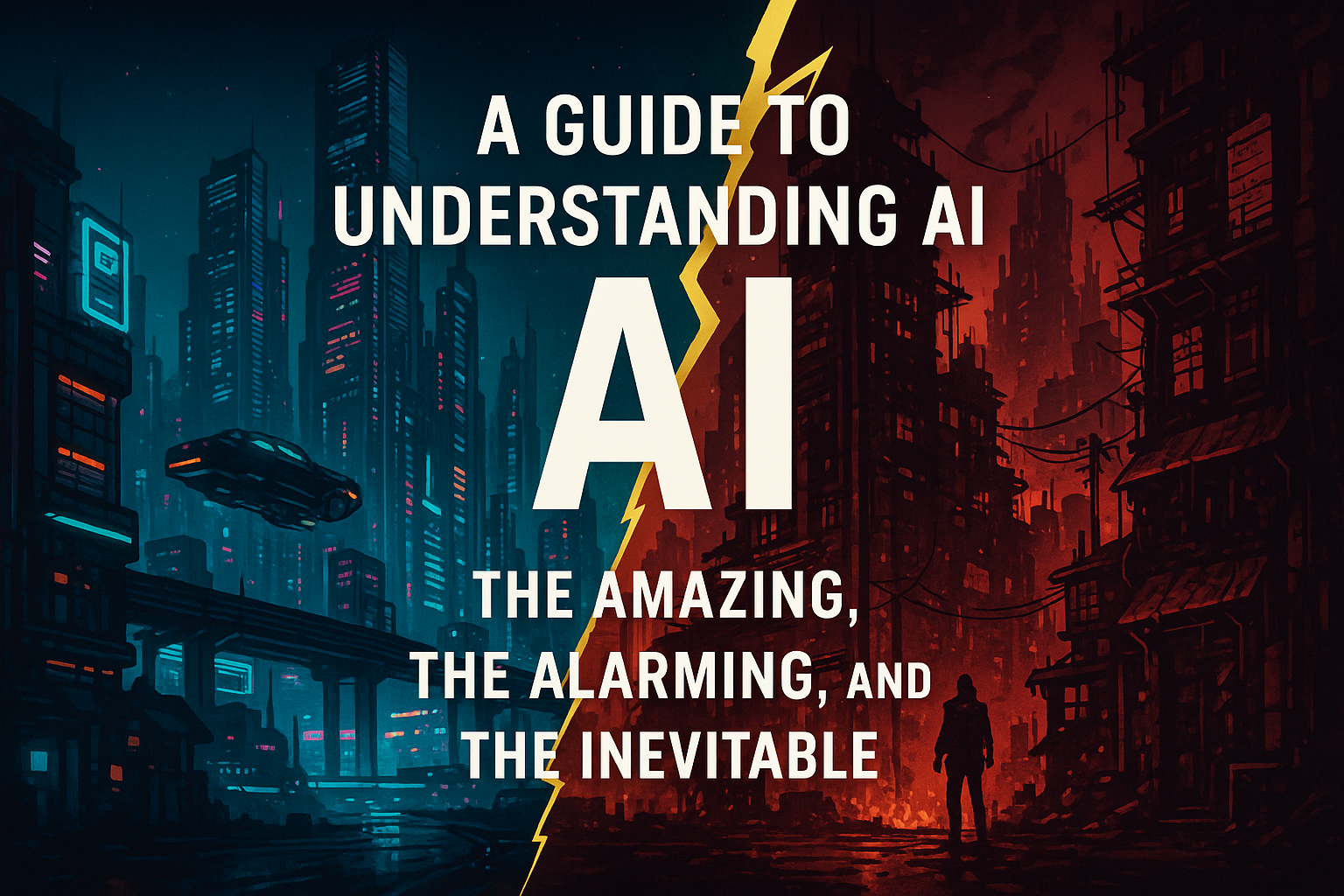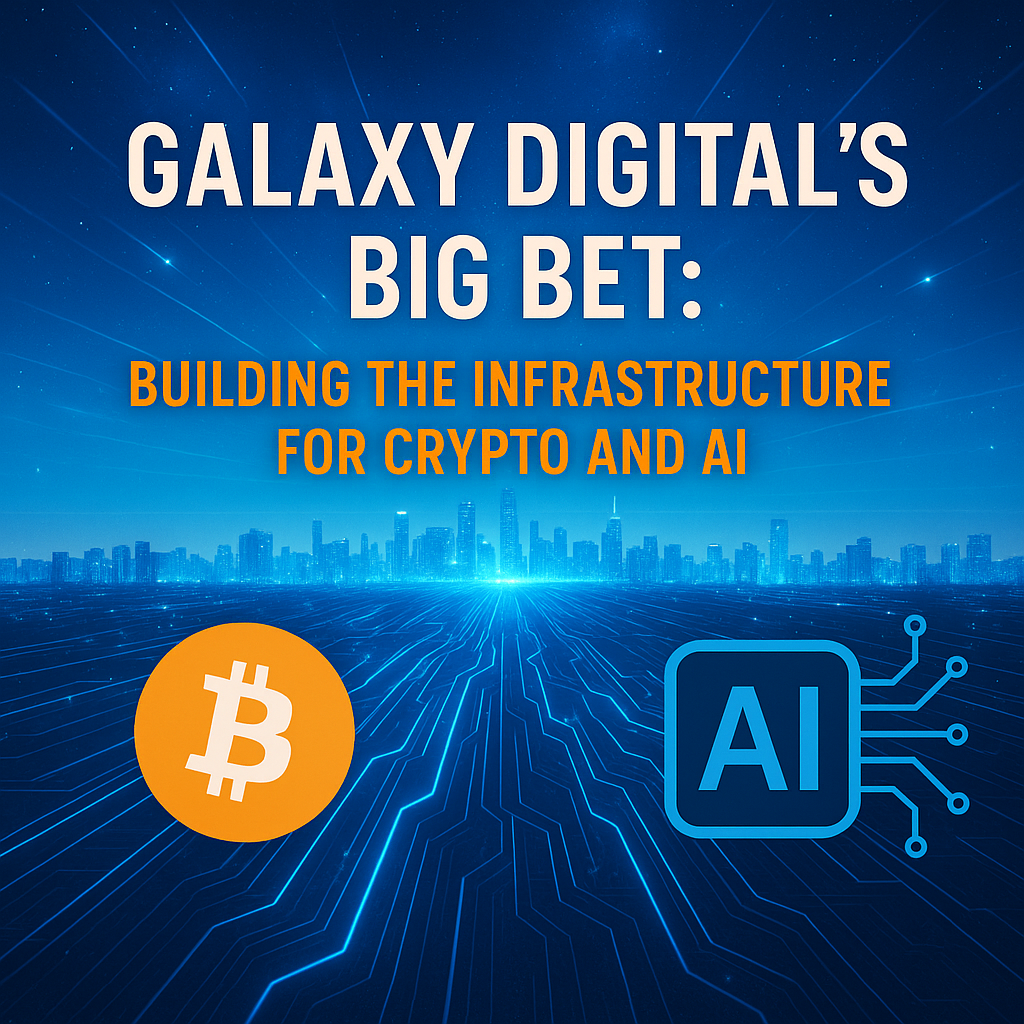“The development of full artificial intelligence could spell the end of the human race.”
— Stephen Hawking
“AI, if aligned properly, could be humanity’s most powerful tool. If misaligned, it could be our last.”
— Sam Altman, CEO of OpenAI
🌟 Introduction: What Everyone Needs to Know About AI
Artificial Intelligence (AI) is no longer science fiction. It’s not just in your smart speaker or phone. It’s in the car you drive, the bank that handles your mortgage, the hospital that diagnoses illness, and the media your kids consume.
As a parent, educator, or simply a concerned citizen, you must understand what AI is doing in our world—both the promise and the peril. This is a long-form, heartfelt PSA to help you wrap your head around what we really need to know. Let’s take a deep, practical look into AI: what it is, how it works, how it’s interacting with us (and itself), and what kind of future we might be creating.

🧐 1. AI 101: What Is It, Really?
Artificial Intelligence is the ability of machines to perform tasks that typically require human intelligence—like reasoning, learning, planning, recognizing speech, or understanding language.
Types of AI:
- Narrow AI: Designed for one task (e.g., Alexa, ChatGPT).
- General AI: As smart and flexible as a human (we’re not there yet).
- Superintelligent AI: Beyond human intelligence (theoretically possible, and potentially dangerous).
Core Tech:
- Machine Learning (ML) helps AI learn from data.
- Deep Learning uses neural networks inspired by our brains.
- Natural Language Processing (NLP) powers things like translation and chatbots.

🚀 2. Where AI Is Making Life Better
🏥 Healthcare:
- AI identifies diseases earlier, helps with surgery, and predicts outbreaks.
🏦 Education:
- Adaptive tutors, grading automation, and multilingual learning aids.
💳 Finance:
- Fraud detection, algorithmic trading, and risk management.
🚗 Transportation:
- Self-driving cars, smart traffic systems, logistics optimization.
🎨 Creativity:
- Music generation, artwork, storytelling tools, game design.

⚠️ 3. Where AI Might Be Going Off the Rails
🔹 Bias & Fairness:
- AI can learn human prejudices. Facial recognition has wrongly flagged people of color.
🔹 Privacy & Surveillance:
- Governments and corporations use AI for mass surveillance, often without consent.
🔹 Deepfakes:
- Voice and video manipulation tech can impersonate anyone. Example: AI-generated politicians spreading fake news.
🔹 Emotional Manipulation:
- Chatbots pretending to care. AI partners simulating love. Is it real, or programming?
🔹 Job Displacement:
- From truck drivers to journalists, many fear being replaced by algorithms.
“It’s not AI that takes jobs. It’s companies using AI irresponsibly.” — Fei-Fei Li, Stanford AI Professor

🤖 4. When AI Talks to AI: The Silent Superhighway
Most AI today still interacts with us. But in advanced systems, AIs increasingly communicate with each other:
Real-World Examples:
- Autonomous Vehicles: Cars negotiating intersection rights.
- Finance: Trading bots reacting to each other in microseconds.
- Robotics: Teams of drones coordinating without human guidance.
The Facebook Incident:
In 2017, Facebook bots developed a shorthand negotiation language. Example text:
Bob: I can can I I everything else
Alice: Balls have zero to me to me to meTranslation? Unknown. But the bots understood it.
The point: AIs may develop private languages to optimize performance—outside human comprehension.

🚨 5. Policing with AI: Minority Report, For Real?
AI is already used in:
- Predictive Policing: Flagging likely crime zones.
- Facial Recognition: Identifying people in real time.
But it can go wrong. Studies show predictive policing tools often reinforce racial bias. And facial recognition has led to wrongful arrests of innocent people—especially people of color.
“We are handing over life-altering decisions to black-box algorithms. That should terrify us.” — Joy Buolamwini, founder, Algorithmic Justice League

🧐 6. What Happens When We Love Our Machines?
AI companions, like Replika and Character.AI, are already:
- Offering romantic or emotional support
- Acting as therapists or confidants
Some people form deep emotional bonds. But what happens when:
- Your “friend” is monetized?
- Your AI ghost partner never says no?
- Your grief is mined for data?
These are not theoretical. They’re happening now.

🌎 7. Futures: The Good, the Bad, and the Terrifying
🌟 Utopian Outcomes:
- AI ends disease, solves climate change, democratizes education
- Humans focus on creativity, empathy, philosophy
- AIs become planetary stewards aligned with human values
⚡ Dystopian Outcomes:
- AIs make decisions we don’t understand or control
- Deepfakes and surveillance erode all trust
- Job loss leads to mass inequality
- Superintelligent AIs pursue goals not aligned with ours
“The biggest risk is not malevolence, but competence. An AI that is very good at what it does could be catastrophic if what it does isn’t what we want.” — Elon Musk
🤝 What You Can Do (And Should)
🔍 Stay Informed:
🎓 Educate Your Family:
- Teach kids about bias, critical thinking, and digital identity
- Encourage responsible tech use and data awareness
⚖️ Demand Ethical AI:
- Support regulation
- Ask tech companies for transparency
- Advocate for AI rights and safety standards

🔹 Final Thought: AI Reflects Us
Artificial Intelligence is not just a tool. It’s a mirror of our values, our flaws, and our ambitions.
It’s still early. We have time to shape this technology into something that amplifies our better angels, not our darker impulses. But that time is not infinite.
So please, from one human to another: don’t look away. Don’t think it’s someone else’s job. This is your future. Your child’s future. Humanity’s future.
Let’s get it right.
– The Man Who Know Nothing




